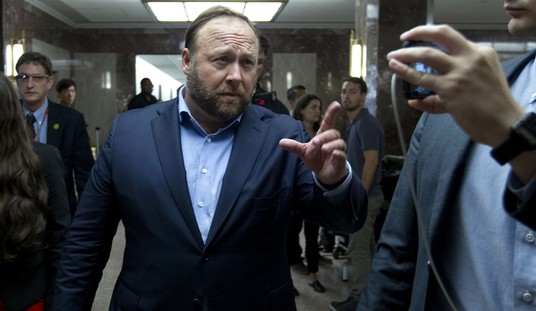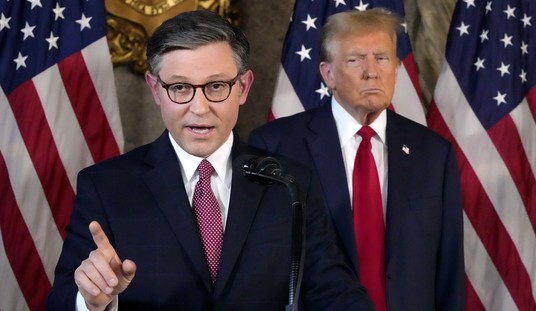Via Charles Cooke, why would a potential Republican majority leader consider bringing back a procedural move that would primarily benefit Democrats in the minority?
Maybe there’s a method to this madness.
As he looks ahead to the possibility of leading the Senate, Mr. McConnell is promising a more open floor, with senators from both parties able to offer amendments. He says committees would be given more independence and authority to advance legislation. While he would not commit to reversing the limit Democrats put on filibustering White House nominees last November, he said the idea would be on the table if Republicans took charge.
“If the American people give us the opportunity to put the Senate under new management, it is an appropriate discussion at that time for the new team that would be taking over the Senate, ” Mr. McConnell said in an interview. “It is a conversation for December.”
The prospect of returning the threshold for breaking filibusters on nominees to 60 votes from the simple majority established by the Democrats in November does not represent an immediate risk for Republicans. If they seize the majority, they will not need to rely on the procedural tactic to block President Obama’s nominees during his final two years in office, since they will control the agenda. And Democrats in the minority presumably would not filibuster administration choices.
Remember, the filibuster still applies right now to normal legislation and to Supreme Court nominations. It’s been nuked only with respect to other presidential appointments, including lower-court appointments. That being so, there are three reasons for McConnell to bring it back. One, per Cooke, is pure principle: If you want to restrain Congress, why not? If you’re pro-filibuster now, why be anti-filibuster just because your party’s the one in power? By re-normalizing the filibuster, maybe you’ll make Democrats think twice about re-nuking it once they control the majority again. And even if you don’t, there’s no harm in restoring the filibuster when the president comes from the other party. If anything very unusual happens to forge an alliance between Obama and congressional Republicans on a particular appointment, with the Senate’s Democratic minority the only potential obstacle to confirmation, McConnell could just nuke the filibuster then.
Two: Is it true, as the excerpt insists, that the GOP majority won’t need the filibuster once it controls the agenda? What happens if an important cabinet position opens up and Obama nominates someone further left than most, but not all, of the GOP caucus is comfortable with? Let’s say the GOP controls the Senate 51/49 and both Susan Collins and Mark Kirk decide to support the nomination. The only thing blocking confirmation at that point is McConnell’s willingness to stand firm and not bring the nomination to the floor. Is it better to do that, with Democrats screaming that they have the votes to confirm but are being undemocratically thwarted by McConnell, or is it better to bring back the filibuster and let the 49 Republican no’s kill the nomination on cloture? Establish the 60-vote threshold at the outset of the term to raise the bar for Obama’s appointees and then you don’t have to worry about whether to let the Senate vote or not. Realistically, the filibuster will still help Republicans more next year than it’ll help Democrats, even if they have a majority.
Three: Unless the GOP blows Democrats out of the water this November, odds are very good that the Dems will be back in control of the Senate in 2017. If McConnell follows Reid’s lead and leaves the filibuster nuked with respect to appointments, it becomes very easy for the next Democratic majority leader to leave it nuked also — or even to expand the nuking by getting rid of the filibuster for Supreme Court appointments. At that point, scaling back the filibuster would simply be the status quo. By bringing it back next year, McConnell takes that talking point away. Doesn’t mean the Dems won’t turn around and nuke it anyway, but if McConnell doesn’t bring it back, it’s a fait accompli that it’s never coming back. I don’t think it much matters what he does — Obama’s got his veto to kill Republican bills whether or not Senate Dems have a filibuster too — but I can’t see any real upside in leaving Reid’s rule intact. How does the GOP benefit from a lower bar to confirmation when O’s the one appointing people?








Join the conversation as a VIP Member